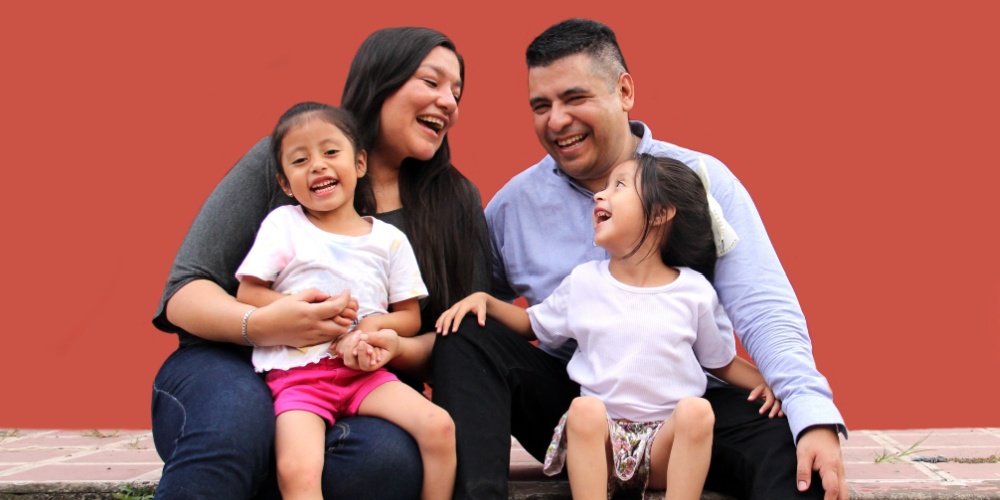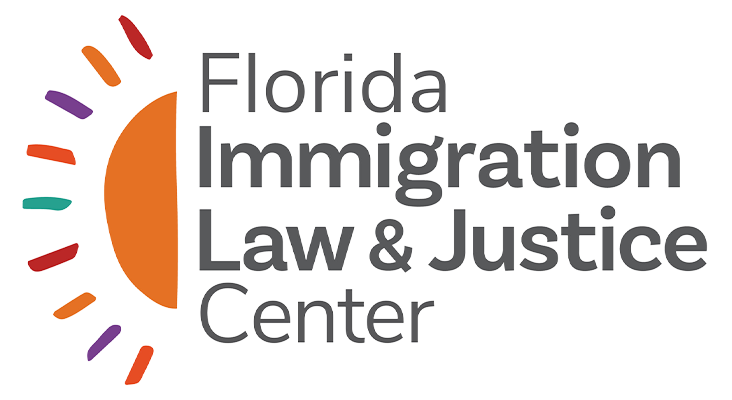by News Editor
Share

In June of this year, the Department of Homeland Security announced a new program, aptly titled “Keeping Families Together.” It announced a new process by which spouses and stepchildren of US Citizens could request parole-in-place, an existing process already available to family members of military members. The program and this new process would allow spouses of US Citizens who had been in the US for over ten years and step-children of US Citizens to request parole while in the United States so they could then seek their permanent resident status. The plan was supposed to go into effect on August 19, 2024, but only a week after its debut, it was enjoined when Texas, joined by 15 other states, filed a lawsuit to stop this program, and while the program is still accepting applications, it can not adjudicate them. The stay, granted by the courts, will be in place until November 8, 2024, and the bench trial is set to begin on November 5, 2024.
Keeping Families in Place, or KFP for short, was a program intended to help approximately 50,000 family members of US Citizens go down the road to obtain legal status. For spouses of US Citizens, they needed to show that they entered without inspection, have been in the US for at least 10 years, be married to a US Citizen as of June 17, 2024, and not have any disqualifying criminal or immigration violations. Stepchildren did not need to show presence in the US for 10 years but needed to be under the age of 21, have a parent that was legally married to a US Citizen as of June 17, 2024, be present in the US since at least June 17, 2024, and still could not have disqualifying criminal or immigration violations. As part of the application process, the requestor also needed to provide a statement saying why they believed they should be eligible for this benefit.
Thousands of spouses of US Citizens who have been living in the United States for over 10 years would have benefitted from this program and been allowed to pursue the process of applying for a permanent residency from within the United States rather than having to seek a waiver, waiting for its approval, then having wait for their consular interview in their home country, and then have the decision as to whether be granted permanent resident up to the discretion of the consular officer who can also decide to not grant it and then the spouse risks not being able to return to the United States for 10 years. When critics of the US immigration system complain about its long and complicated process – this is precisely what they are referring to. This new program aimed to simplify and shorten a process that is taking over 4.5 years to adjudicate.
Florida ILJ participated in a clinic hosted by the Orlando Center for Justice at the Mexican Consulate in Orlando on the day this process was first opened and helped over 20 families apply for this new benefit. We also were able to file one application for an existing client that has been waiting for their waiver to be approved for over 2 years. While we do not know the status of the applications filed during the clinic, we do know that the application filed on behalf of our client was not approved before the process was continued and remains pending.
We did contact a few other clients that would have been eligible for this relief in hopes of getting their evidence ready to file when the process went live but we were not successful. Now, these clients are hesitant to file until the process is allowed by the courts as they see this as a way of alerting immigration authorities as to their whereabouts when they have no legal status. “With the final decision on this process happening after the elections, I want to wait to see who wins before I file any paperwork.” said a client who would be eligible for this relief if it allowed to continue.
Late last year, Florida Immigration Law and Justice Center started the process of becoming a subcontractor for ACACIA Center for Justice’s Unaccompanied Children Program. And in late November 2024, started the process of finalizing all the contracts and learning all about the program and what it entailed. Florida ILJ formally became a Legal Service Provider





